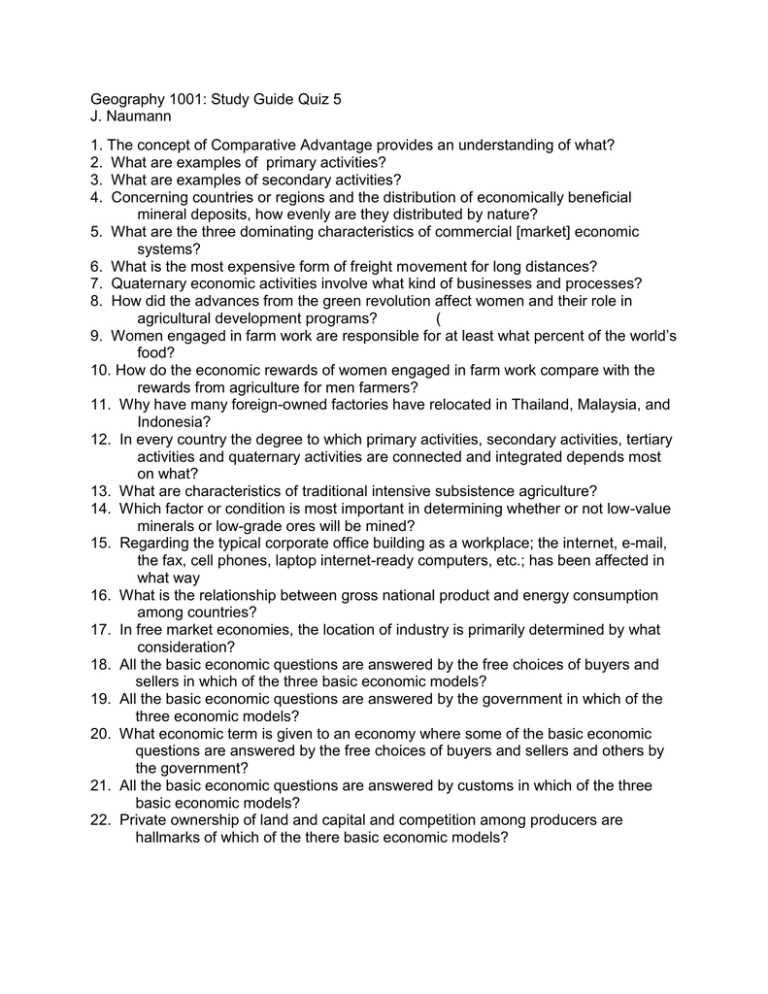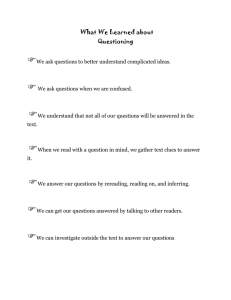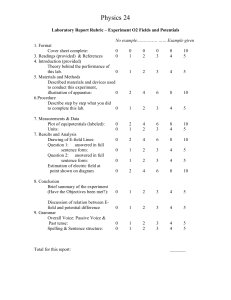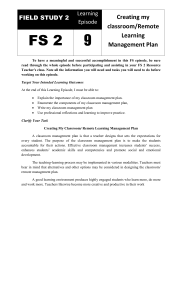Quiz Five
advertisement

Geography 1001: Study Guide Quiz 5 J. Naumann 1. The concept of Comparative Advantage provides an understanding of what? 2. What are examples of primary activities? 3. What are examples of secondary activities? 4. Concerning countries or regions and the distribution of economically beneficial mineral deposits, how evenly are they distributed by nature? 5. What are the three dominating characteristics of commercial [market] economic systems? 6. What is the most expensive form of freight movement for long distances? 7. Quaternary economic activities involve what kind of businesses and processes? 8. How did the advances from the green revolution affect women and their role in agricultural development programs? ( 9. Women engaged in farm work are responsible for at least what percent of the world’s food? 10. How do the economic rewards of women engaged in farm work compare with the rewards from agriculture for men farmers? 11. Why have many foreign-owned factories have relocated in Thailand, Malaysia, and Indonesia? 12. In every country the degree to which primary activities, secondary activities, tertiary activities and quaternary activities are connected and integrated depends most on what? 13. What are characteristics of traditional intensive subsistence agriculture? 14. Which factor or condition is most important in determining whether or not low-value minerals or low-grade ores will be mined? 15. Regarding the typical corporate office building as a workplace; the internet, e-mail, the fax, cell phones, laptop internet-ready computers, etc.; has been affected in what way 16. What is the relationship between gross national product and energy consumption among countries? 17. In free market economies, the location of industry is primarily determined by what consideration? 18. All the basic economic questions are answered by the free choices of buyers and sellers in which of the three basic economic models? 19. All the basic economic questions are answered by the government in which of the three economic models? 20. What economic term is given to an economy where some of the basic economic questions are answered by the free choices of buyers and sellers and others by the government? 21. All the basic economic questions are answered by customs in which of the three basic economic models? 22. Private ownership of land and capital and competition among producers are hallmarks of which of the there basic economic models?


